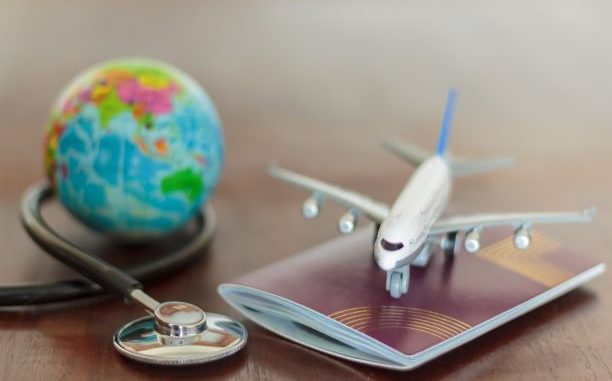
Specialist travel insurance is available for anyone who is going on a cruise holiday. It covers what a standard travel policy would include, as well as being tailored for things that may happen when on a cruise ship. For example, needing transportation to the nearest hospital if you become ill at sea or you’ve missed a port stop.
Going on a cruise ship will be very exciting, especially if you’re visiting a location you haven’t been to before. A number of people are in love with the idea of waking up in a new place each morning and experiencing what life at sea has to offer. With this in mind, it’s important to have adequate cover before setting sail. There are a number of online comparison websites that can help you find cheap travel insurance; giving you the peace of mind you need before setting off on your next adventure.
We hope to answer some of the most frequently asked questions in our guide to cruise travel insurance.
What does cruise travel insurance cover?
The primary reason to opt for cruise travel insurance is to ensure you’re covered for the specific activities and associated risks when travelling on a cruise ship. Each provider will have their own variations, but most will generally tend to cover the following:
Emergency medical expenses – This includes cover for emergency helicopter transfers, hospital and ambulance fees, and cover to help you get back to the UK if you’re unable to make use of your original ticket.
Missed port cover – This element of cover provides compensation if a planned destination visit has been cancelled due to adverse weather conditions or scheduling conflicts. For example, if you missed out on a remote island or city that you were excited to visit, you will be able to pursue a claim.
Cabin confinement cover – This element of cover provides compensation if you need to stay in your cabin due to becoming ill. Please note, the ship’s medical officer must confine you to the cabin and provide confirmation if you wish to make a claim later on.
Unused excursions protection – This provides cover if you miss an excursion because you were involved in an accident, became injured or suffered an illness. In most cases, this will usually apply to excursions you selected when booking your cruise holiday, and not those you have booked since boarding the ship.
Cover if a friend or relative needs to stay with you – This covers the costs if a friend or relative needs to stay with you while you’re undergoing medical treatment or if they need to fly out from the UK to offer support.
Lost or stolen luggage and contents – As the name suggests, this will provide compensation if you’ve been the victim of theft or lost your luggage and any other contents.
Cancellation or curtailment – If your cruise holiday has been cancelled or cut short by the provider, you will be able to claim against this.
What is a European Health Insurance Card?
A European Health Insurance Card (EHIC) allows you to receive medical treatment at the same rate as local citizens when you’re travelling in Europe. Please note that this card is not a substitute for travel insurance, and will not cover the costs associated with a medical emergency. It will be valid in most but not all European countries. If your cruise holiday is booked for outside the EU, there is no equivalent and receiving medical attention can be very expensive.
Will my premium be affected by my chosen destination?
Yes, the price of your travel insurance will be affected by the countries your cruise ship visits. This is because a number of countries have a high level of private health care, resulting in increased costs to access medical treatment there. If you’re visiting any of the following countries, your policy may be more expensive:
• North and Central America (this includes the USA)
• EU countries such as Cyprus, Greece, Malta and Spain
• China and Hong Kong
When purchasing cruise travel insurance, you can get cover for yourself, for a couple, a family, or a group. When including others in your policy, you’ll need each person’s date of birth and details of any pre-existing medical conditions.
If you or anyone else does have a pre-existing medical condition, it’s important to disclose this to your insurer. If you don’t, you may not be able to pursue a claim and will have to pay a lot more should anything unexpected happen. This even includes common conditions such as high blood pressure or diabetes, so make sure to disclose these.
To conclude, it’s important to have sufficient travel insurance when travelling on a cruise holiday. Make sure you read the policy terms and conditions before buying so you’re aware of what is covered, and what limitations and exclusions are applicable.